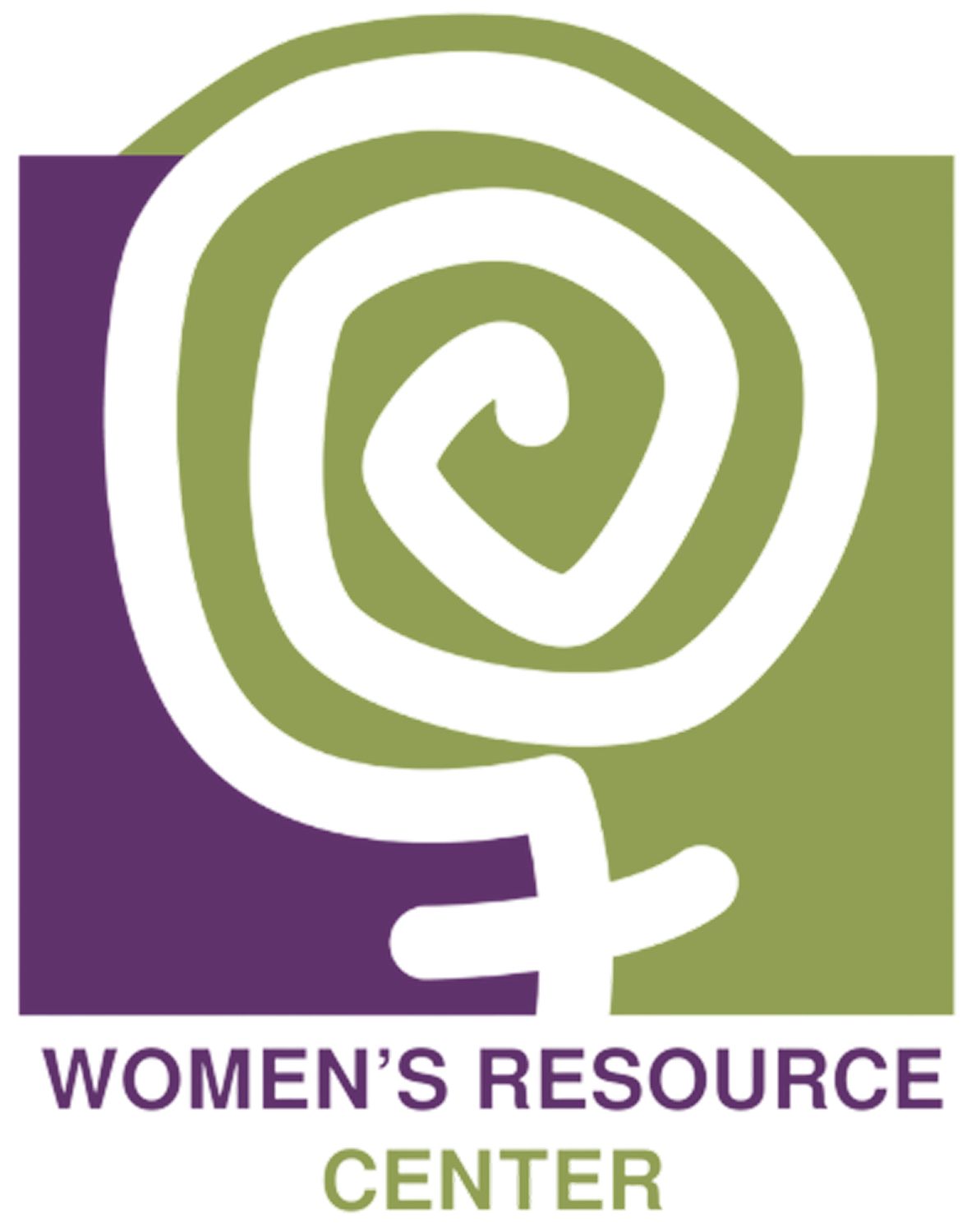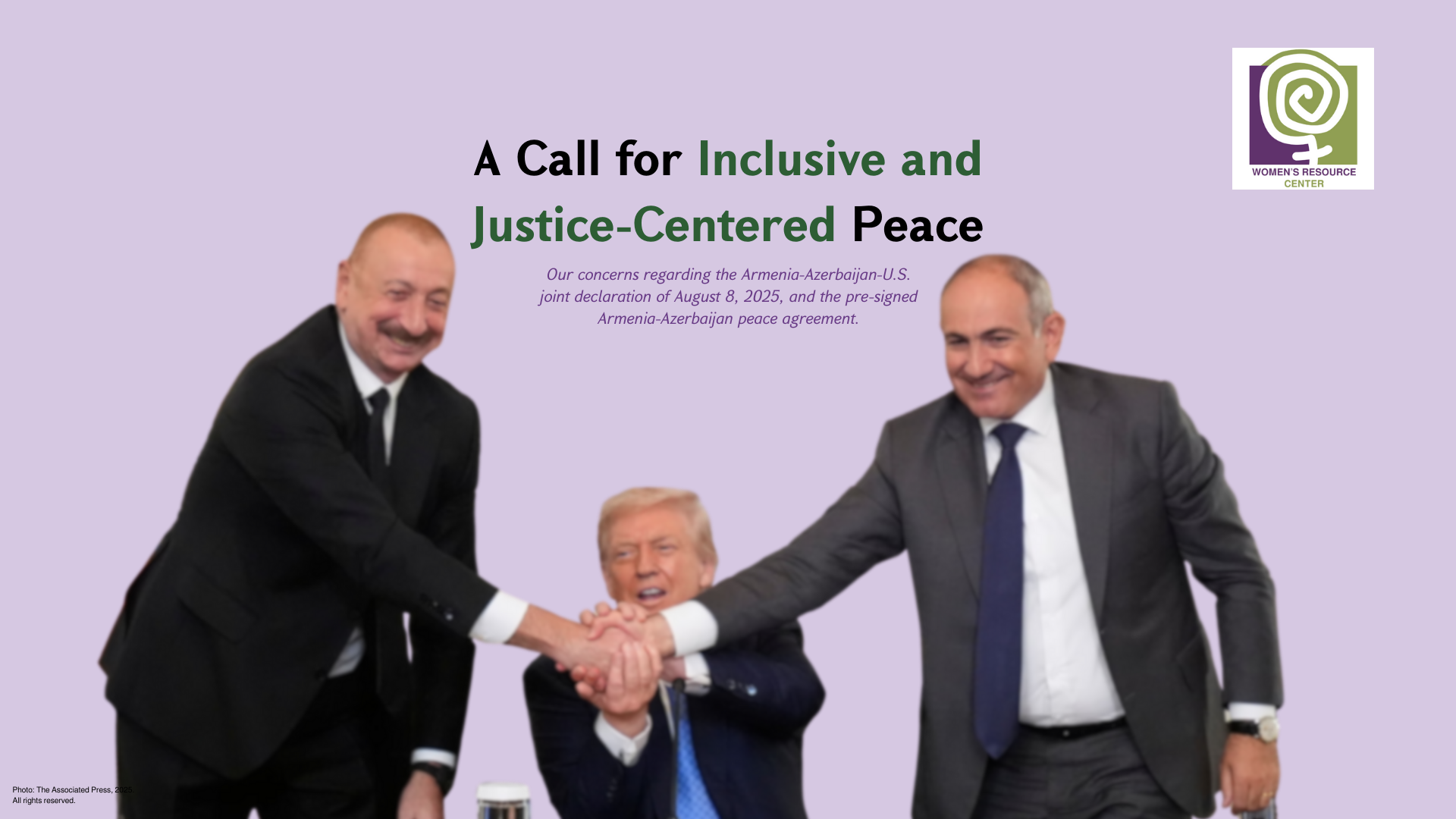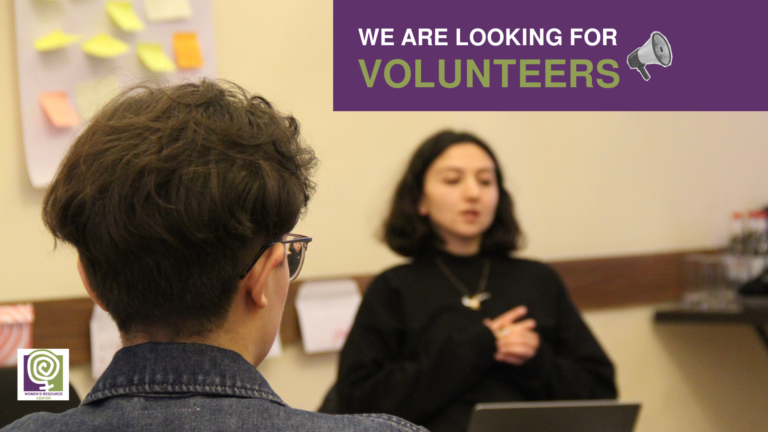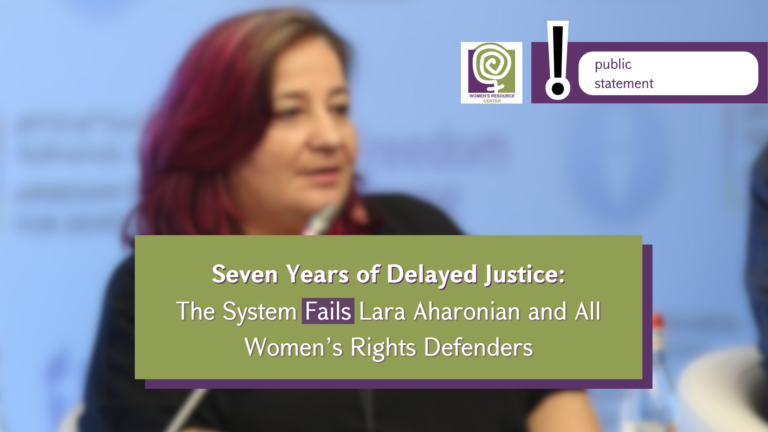Our Concerns Regarding the Joint Declaration of Armenia-Azerbaijan-USA on August 8, 2025, and the Initialed Armenia-Azerbaijan Peace Agreement
On August 8, 2025, Armenia and Azerbaijan, mediated by the United States of America, signed a “Joint Declaration for Peace” in Washington. Subsequently, on August 11, 2025, the initialed “Agreement on the Establishment of Peace and Interstate Relations Between the Republic of Armenia and Azerbaijan” was also published.
Although any step toward ending a protracted war is welcome, we have serious concerns about the peace process and the terms of the aforementioned agreement.
US Hegemony Raises Questions About Long-Term Stability
A key component of the declaration, the “Trump Route” transit corridor, which is to be controlled by the United States, places crucial Armenian infrastructure under foreign control. We have seen how strategic US involvement around the world, from Iraq to Afghanistan and Libya, is often followed by instability and weakened local sovereignty. The United States’ continued support for Israel during the devastating war in Gaza further undermines its credibility as a neutral peacemaker. These patterns should serve as warning signs when expecting a stable and balanced peace under this arrangement in the South Caucasus.
Transitional Justice Mechanisms Are Absent
The agreement fails to address the needs of those most affected by the conflict, including survivors of violence, displaced families, and communities that have endured the consequences of the conflict for decades. The agreement does not establish clear mechanisms for accountability or reparations for past crimes. Furthermore, Article XV of the agreement obligates the parties to waive the use of already existing international mechanisms. In the absence of transitional justice mechanisms, the wounds of war remain unhealed and the risk of new tensions remains high.
Women’s Participation Is Not Ensured
Despite the clear guidelines of UN Security Council Resolution 1325 on Women, Peace, and Security, women’s participation in the peace processes is not ensured. In both Armenia and Azerbaijan, women have played a vital role in resolving conflicts and rebuilding communities. Their absence from peace-building processes is a missed opportunity to ensure that peace is inclusive, sustainable, and responsive to everyone’s needs.
A Call for Inclusive and Justice-Centered Peace
Truly sustainable peace requires more than just the absence of battle. It requires processes that center the voices of victims, include women at every level, and address the root causes of the conflict. As a feminist civil society organization, we believe it is important that the voices of women living in border regions, especially Syunik, who are on the front lines of both the risks and opportunities of peace, are heard. We will continue our discussions with women and our partners in these regions to ensure their perspectives are represented in national and international discussions.
We call on the authorities of the Republic of Armenia to negotiate the implementation of transitional justice mechanisms before the agreement is ratified and to take steps to build a stable peace centered on healing, justice, and shared security.
Women’s Resource Center, 08.14.2025




